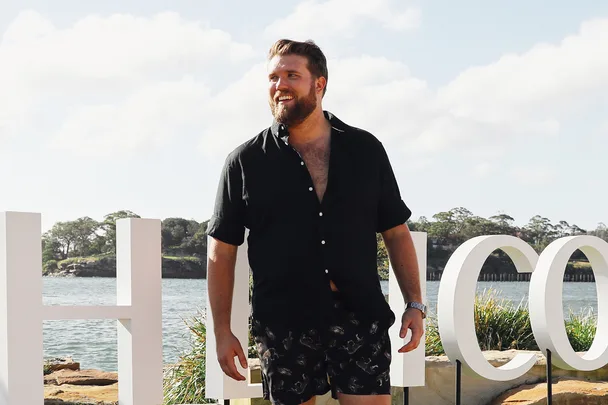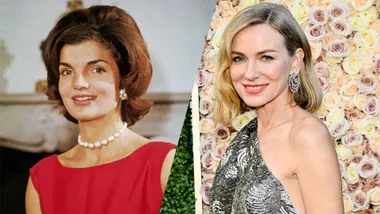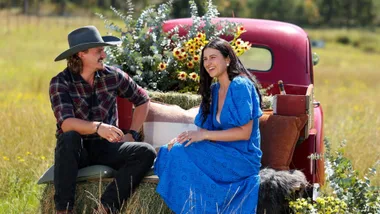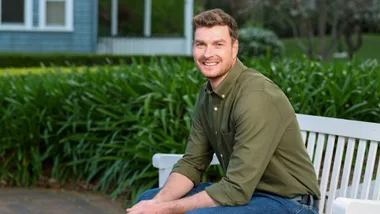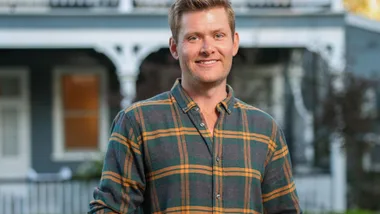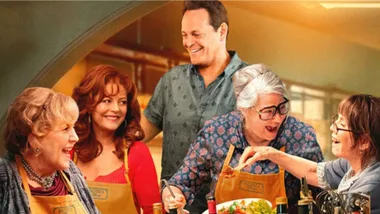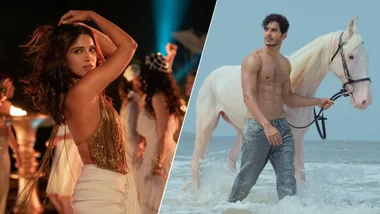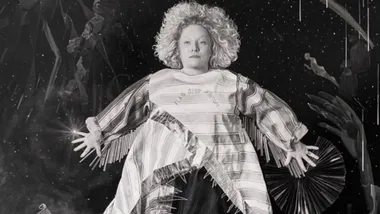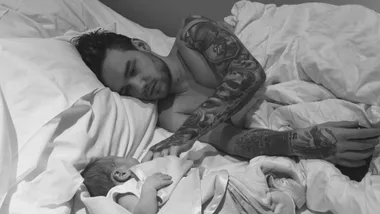It’s almost impossible to scroll through a lifestyle website, turn on morning TV, or flick through a women’s magazine without seeing a story about female body-positivity and self-love. And yet, we very rarely see or hear about male body-inclusivity.
Zach Miko, IMG’s first brawn model, is on a mission to change that. The former bartender and actor was discovered by the President of IMG Models Ivan Bart on Instagram and has been professionally modelling for three years, appearing in campaigns for Levi’s, Nordstrom and Uniqlo.
Speaking to marie claire ahead of his Australian runway debut at The Iconic Swim show, Miko says, “This is such a big moment; this is the first time in Australia that big and tall men are walking the runway – this never happens at fashion week in New York either. I’m very excited to be a part of it and getting to represent big and tall men not just on an Australian stage, but on a global stage.”
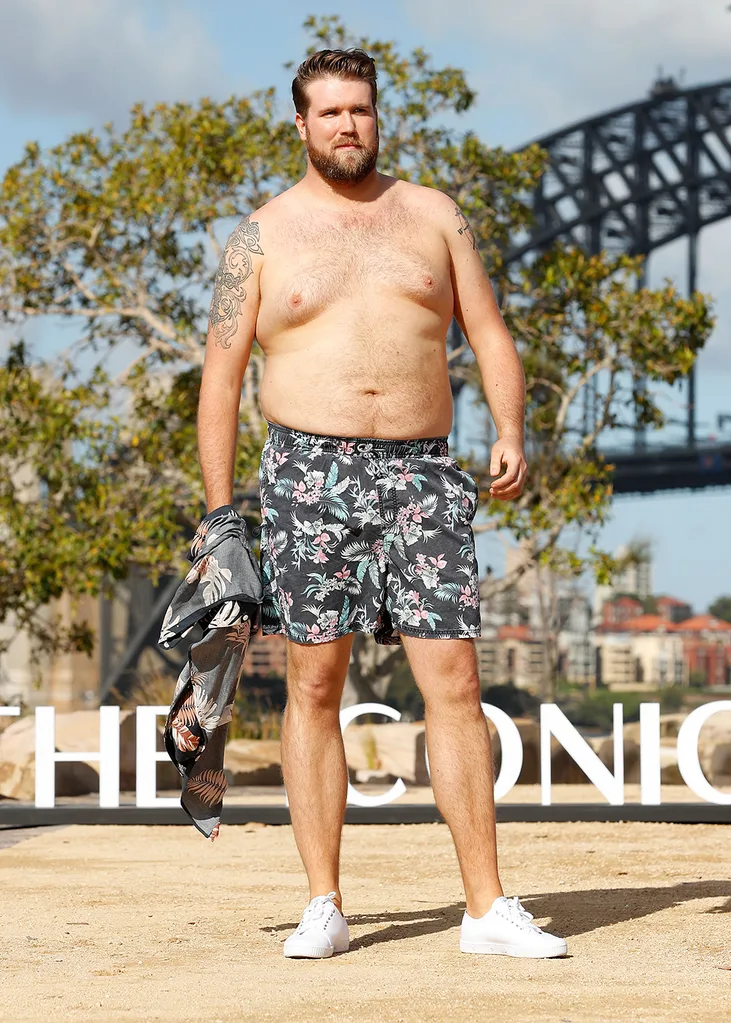
Growing up in Connecticut, Miko, now 28, struggled with body image from a young age. “I grew up feeling terrible about the way I look because I didn’t look like the guy with the six-pack in the magazine,” he says. “When I was five years old, I knew in the deepest part of my heart that being fat was a bad thing and being skinny was a good thing. I don’t think anyone ever told me outright that that was the case, but I knew it as much as I knew gravity existed.”
Understandably, Miko is serious about being a role model to younger men. “It’s important to know that you are okay the way you are. You’re not automatically bad and undesirable and unattractive because you’re a bigger person,” says Miko, who is 1.98 metres tall.
Body positivity isn’t just a women’s issue – it’s just that men don’t talk about it. “Women have done such a great job in empowering and pushing that message forward, [but] men still have such a long way to go,” he says.
In Australia, almost an equal number of males and females suffer with binge eating disorder. And the number of men with anorexia and bulimia is increasing – 25 per cent of people with an eating disorder are male.
To deal with this issue, Miko says we first need to address the stigma. “It’s so important to have this conversation now with guys so they can learn self-love and self-acceptance at an early age and they don’t spend the rest of their lives lashing out because they never learned that,” he says.”As a society, we’ll be better if we can get men to have this conversation. There’s still a lot of terrible toxic masculinity in the world. And a lot of that is coming from a place of insecurity in men. If we can address the insecurity early, then it doesn’t develop into misogyny.”
The first step is teaching boys how to take themselves seriously. “I spent my whole life making fun of myself with self-deprecating humour. In my head, I thought I was beating people to the joke, they’re not going to call me fat if I say it first. But in reality, I was giving people permission to make fun of me. I was telling myself subconsciously that I was not good enough,” Miko says. “I don’t do that any more. You need to be your own advocate before any one else can advocate for you.”
Even as a professional model who travels around the world to shoot campaigns and walk runway shows, Miko still has moments of insecurity. “It’s a journey. I still have days when I feel terrible about myself because it’s been ingrained in me for the last three decades to not feel good about myself. I’ve learned to love myself and I’ve learned to appreciate who I am, but it’s still a daily task,” he says.
We need to encourage men to embrace self-love and talk about body-inclusivity – and Miko isn’t afraid to start that conversation (or use a moisturising face mask).
